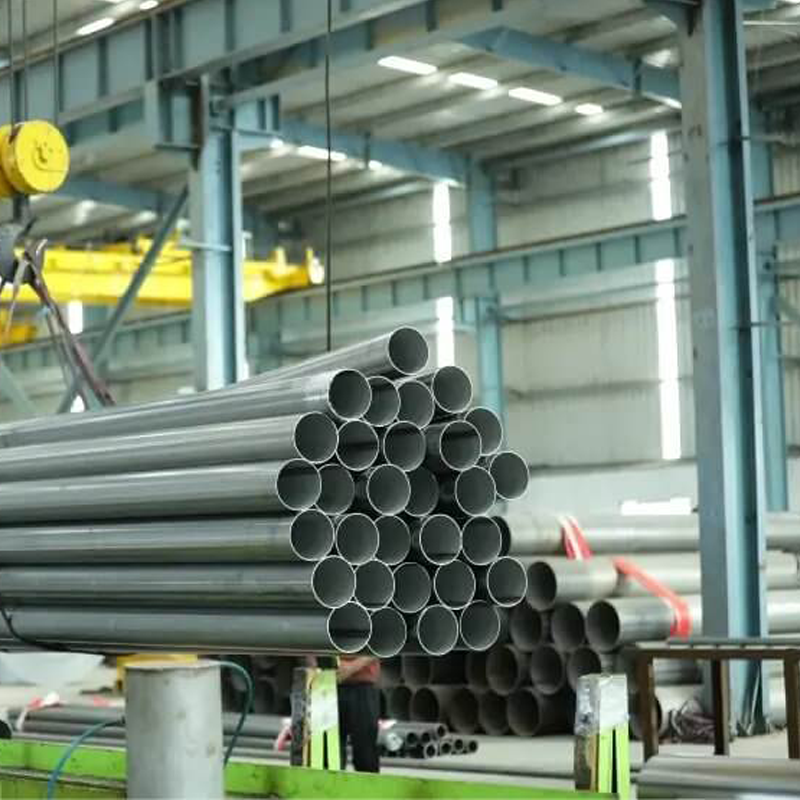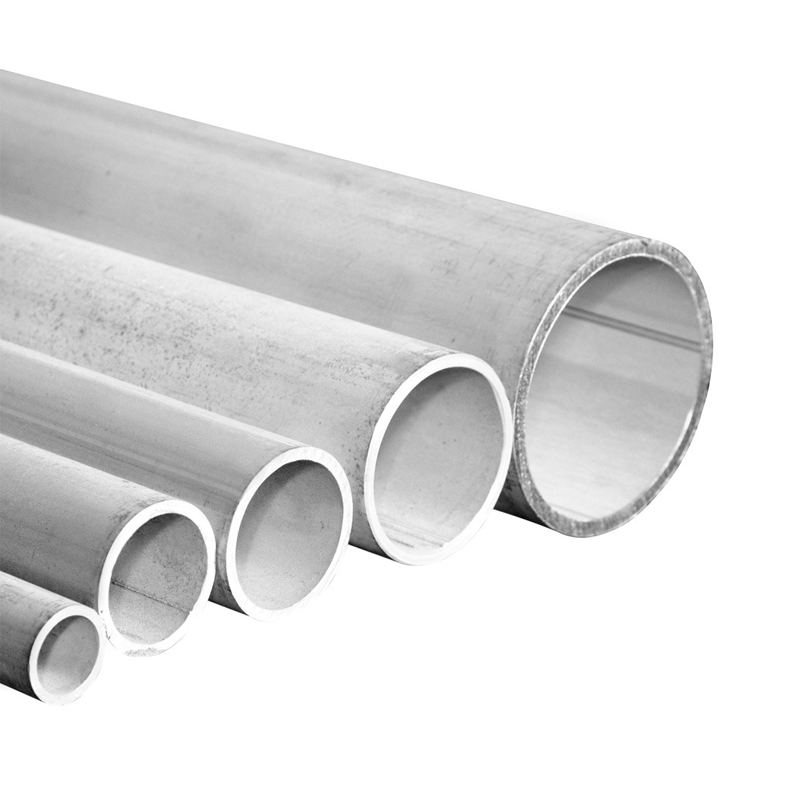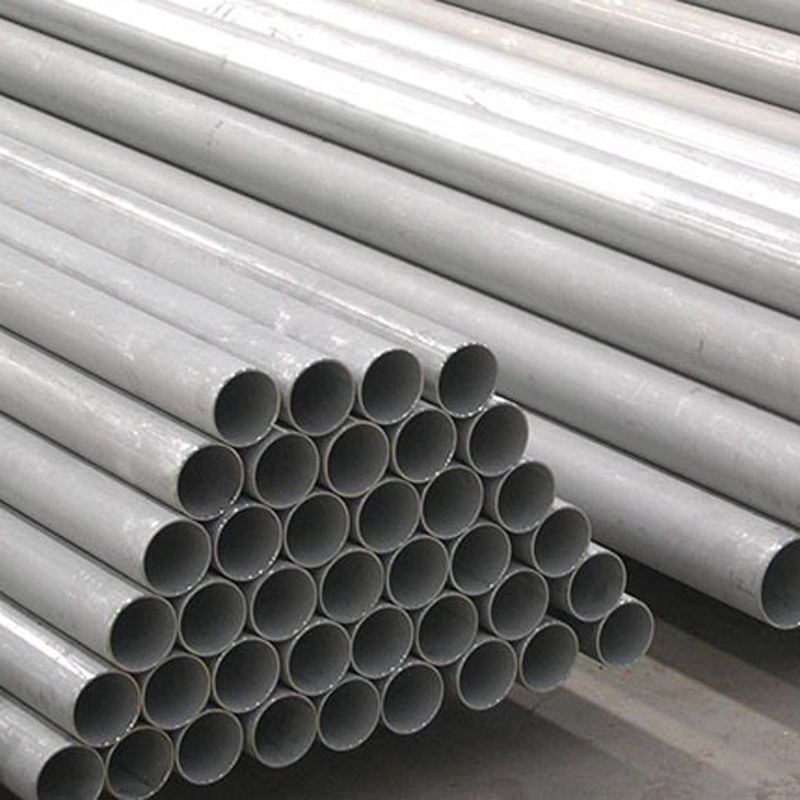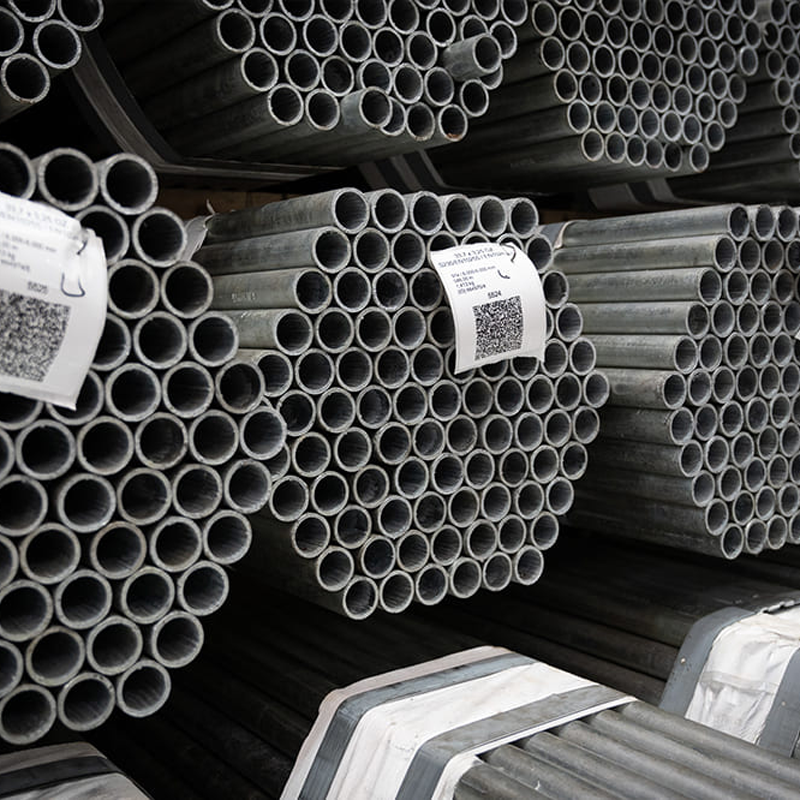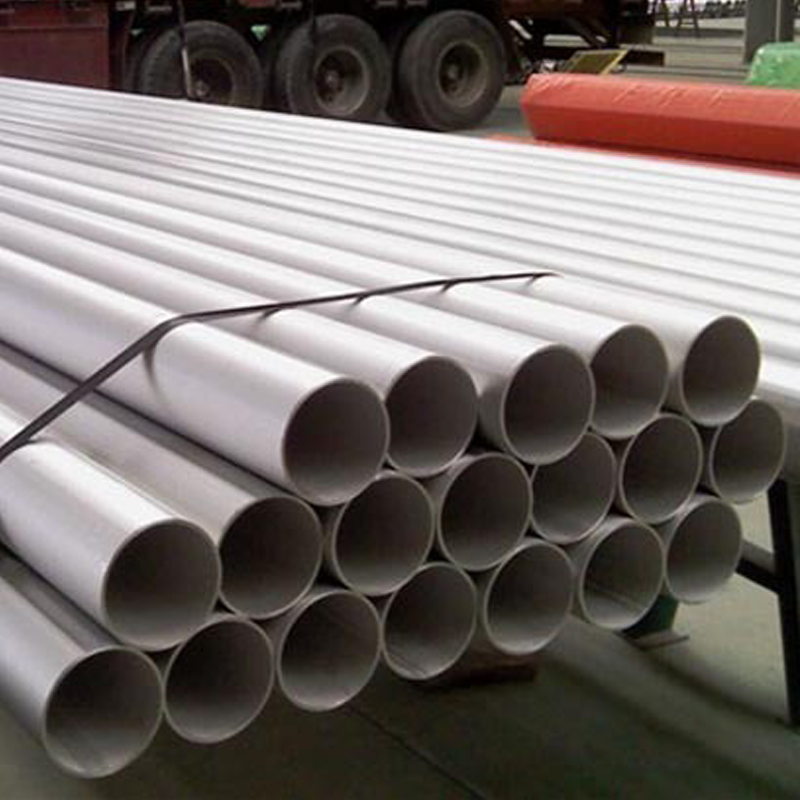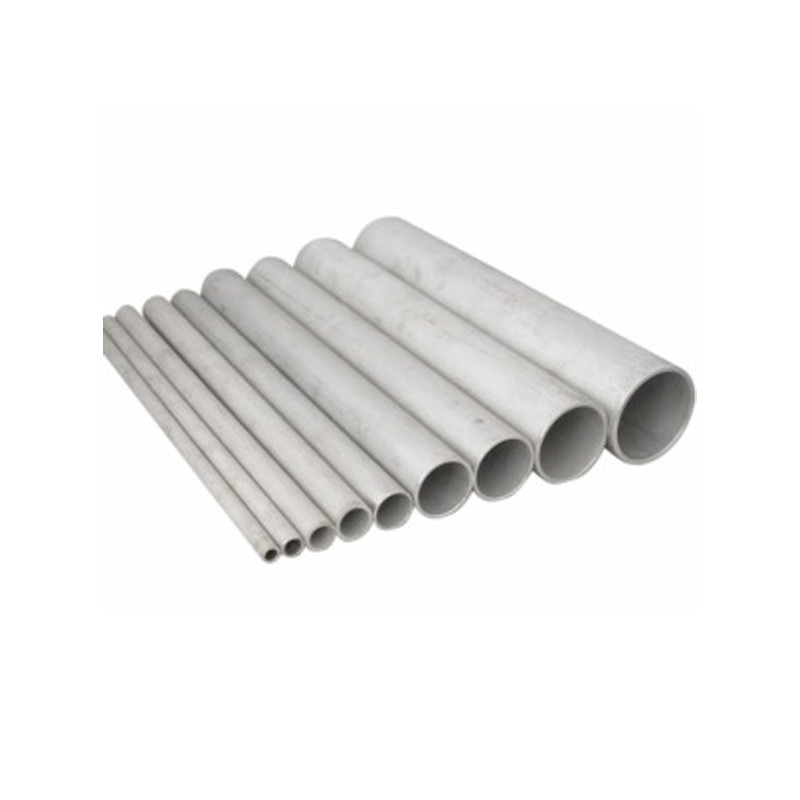Stainless steel
Stainless steel pipes have long been the backbone of industrial infrastructure, revered for their durability, corrosion resistance, and versatility. Among the myriad of options available, Grade 304 and Grade 316 stand out prominently, each with its own set of attributes. When coupled with varying schedules like SCH-10, SCH-40, and SCH-80, the applications become even more diverse. Let's delve into the distinctive qualities of these stainless steel pipes and explore how their different grades and schedules cater to a spectrum of needs.
The Superiority of Stainless Steel Grades 304 and 316:
Grade 304: Grade 304 stainless steel pipes are renowned for their exceptional corrosion resistance, making them ideal for applications in various industries, including food processing, chemical, and pharmaceutical. This grade contains a higher percentage of chromium and nickel, which not only enhances corrosion resistance but also provides excellent weldability and formability. Grade 304 is well-suited for environments where exposure to corrosive elements is moderate.
Grade 316: Grade 316 stainless steel pipes take corrosion resistance to the next level. With the addition of molybdenum to its composition, Grade 316 exhibits superior resistance to chloride environments, making it indispensable in marine applications, chemical processing, and coastal infrastructure. Despite its heightened corrosion resistance, Grade 316 retains the same excellent weldability and formability as Grade 304, ensuring ease of fabrication.
SCH-10, SCH-40, and SCH-80: Understanding the Schedules:
SCH-10: Schedule 10 stainless steel pipes feature a relatively thin wall thickness, making them lightweight and cost-effective while maintaining adequate strength for many applications. They are commonly used in low-pressure systems, such as water supply lines, drainage systems, and light-duty industrial processes. The smooth internal surface of SCH-10 pipes facilitates the flow of fluids, minimizing friction losses.
SCH-40: Schedule 40 stainless steel pipes strike a balance between strength and affordability. With thicker walls compared to SCH-10, SCH-40 pipes can withstand higher pressures and are suitable for a wide range of applications, including high-pressure water lines, oil and gas transportation, and chemical processing plants. Their robust construction ensures longevity and reliability in demanding environments.
SCH-80: Schedule 80 stainless steel pipes are engineered for heavy-duty applications where high pressure and elevated temperatures are prevalent. Featuring significantly thicker walls than SCH-40, SCH-80 pipes offer enhanced strength and resistance to mechanical stresses, making them ideal for industrial processes, steam lines, and refineries. Despite their robustness, SCH-80 pipes maintain excellent corrosion resistance, thanks to the high-quality stainless steel used in their construction.
Conclusion: Stainless steel pipes, crafted from Grade 304 or Grade 316 stainless steel and available in SCH-10, SCH-40, or SCH-80 schedules, embody durability, corrosion resistance, and versatility. Whether it's conveying fluids in food processing plants, withstanding corrosive elements in chemical facilities, or enduring high pressures in industrial applications, these pipes excel across diverse environments. By understanding the unique characteristics of each grade and schedule, engineers and designers can make informed decisions to ensure optimal performance and longevity in their projects.
DOWNLOAD SS PIPE CHART.png)

